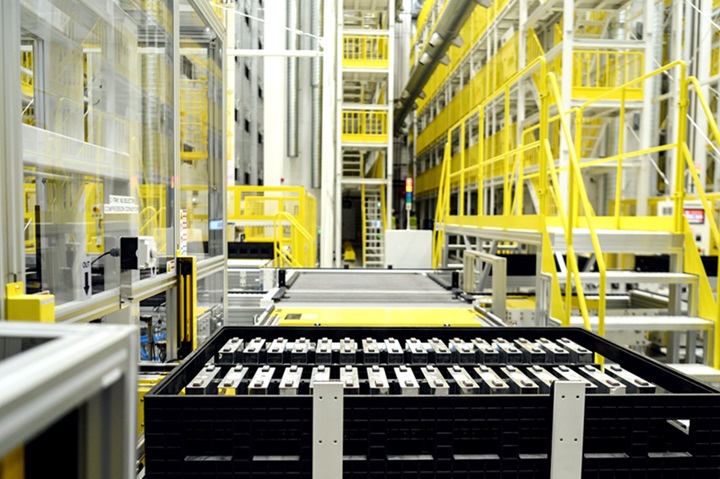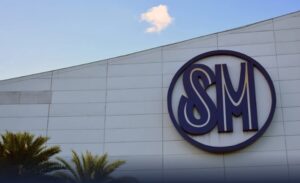In a small town on Norway’s southern coast, a bold new chapter in the country’s industrial story is beginning to unfold. Picture this: a coastal landscape, known more for its scenic beauty than for cutting-edge technology, is now home to something quite revolutionary—Norway’s very first battery cell production site.
Morrow Batteries, a company born in 2020 with a vision as audacious as the fjords are deep, has opened the doors to its flagship factory in Arendal. This isn’t just any factory; it’s Europe’s first gigawatt lithium iron phosphate (LFP) production site, marking a significant milestone for a country eager to enter the battery race.
Why batteries, you might ask? It’s not just about plugging into the growing electric vehicle market—though that’s certainly part of the allure. It’s also about leveraging Norway’s abundant green energy and proximity to European markets that are increasingly hungry for alternatives to Chinese battery giants. In other words, Norway sees an opportunity to be at the forefront of a clean energy revolution, and Morrow is the vanguard.
As the plant gears up to deliver its first battery units by year’s end, CEO Lars Christian Bacher is focused on the nitty-gritty. “The important thing is for us to start selling batteries closer to the year end,” he says with the pragmatic optimism of someone who knows the journey ahead is as challenging as it is exciting.
And there will be challenges. The company is taking its time, spending the early months fine-tuning production processes and ensuring the highest quality—a necessary step for a fledgling operation. But Bacher isn’t worried about early hiccups. “I’d rather have problems when you are in the process of starting up than having problems two years down the road when you are into stable production,” he remarks, with the calm assurance of a leader who knows the importance of getting it right the first time.
The factory’s initial output will be modest—enough to equip around 20,000 small electric cars annually. But don’t mistake small beginnings for limited ambition. Morrow has its sights set on scaling up in a big way, with plans for three additional facilities at the Arendal site by 2029. Each new facility will add a whopping 14 gigawatt hours of annual capacity, gradually transforming this quiet coastal town into a hub of high-tech battery production.
For now, Morrow’s batteries are headed to Nordic Batteries, a company specializing in customized storage solutions, thanks to a seven-year deal for 5.5 gigawatt hours of power. As for the automotive industry? That will have to wait. “It will take years for us to qualify for selling batteries to an automotive company,” Bacher admits candidly, acknowledging that patience and persistence will be key to breaking into that market.
Morrow’s early backers read like a who’s who of forward-thinking investors, from local utility giant A Energi to engineering heavyweights ABB and Siemens, along with green-minded financiers like Danish pension funds PKA and the Norwegian state-owned Nysnø. Together, they’re betting that Morrow’s vision of a greener, more self-sufficient Europe is not just a dream, but an inevitable future.
As the year winds down and the first batteries roll off the production line, Morrow Batteries will stand as a testament to what’s possible when ambition meets innovation on the rugged coast of Norway. It’s more than just a factory—it’s the start of something that could change the world.
(Source: AzerNews | ET Auto)









